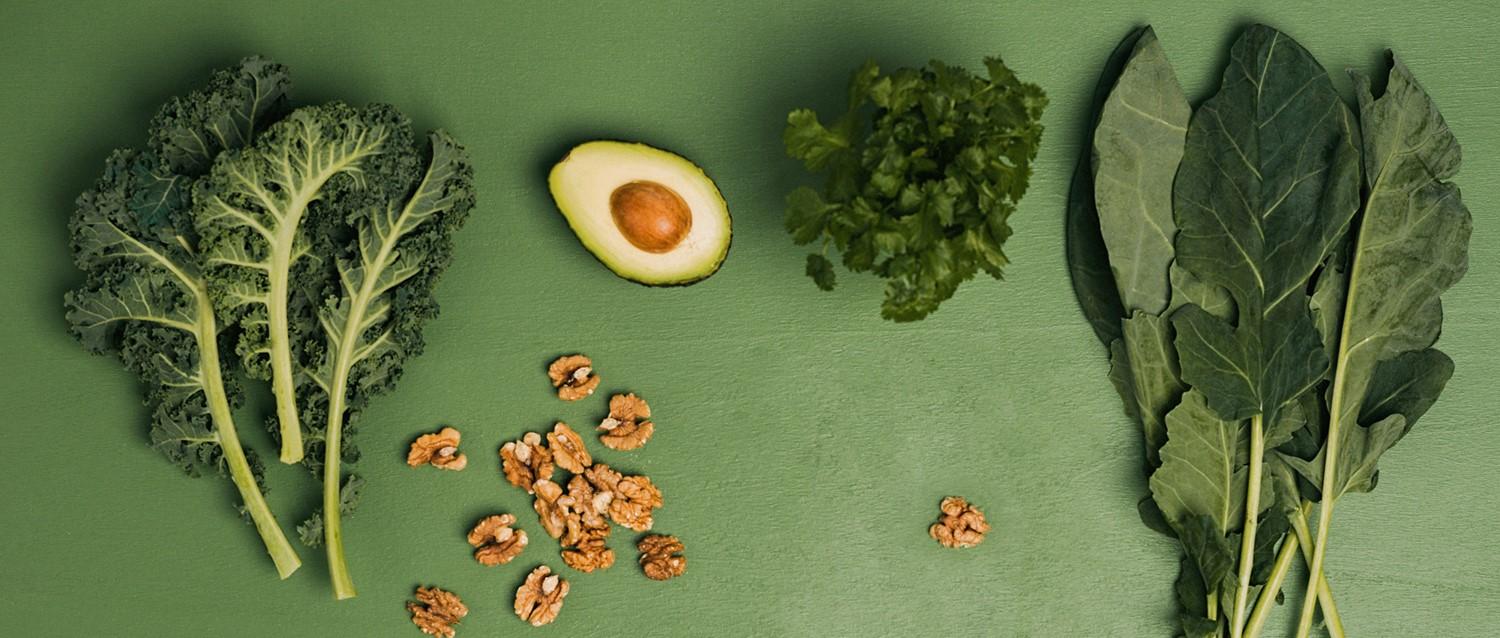The content on Patient is peer reviewed by our clinical content team, following the NHS Standard for Creating Health Content.

Dr Carrie Ruxton, PhD, Child Nutrition
Dietitian and Health Writer
PhD, Child Nutrition
Dr Carrie Ruxton qualified as a Dietitian at Queen Margaret University, Edinburgh, before gaining a PhD in Child Nutrition.
Her work has been published widely in academic and health professional literature but she loves to write for the general public to bring to life the hugely interesting topics of diet and nutrition science.
Since 2003, Carrie has worked in a freelance capacity as a health writer and consultant to the food industry. Her specialist topics are functional foods, weight management, children’s diets, dietary advice and supplements, despite cooking not being one of her stronger skills!
Carrie contributes regularly to TV, print media and radio, most recently on BBC’s Food Detectives.
Carrie’s web presence
Recently contributed to:
Your body doesn't make vitamin B12. That means you need to get it from food or supplements. We'll explore why this nutrient is needed, the best sources and the signs you're not getting enough.

Low-carbohydrate plans are becoming more established in the nutrition world, but what about their more extreme cousin, the ketogenic diet? Touted by Hollywood celebs for burning fat, reducing appetite and managing blood sugar, is it really everything it's claimed to be? And what about the risks?

For many people, enjoying a meal has a sting in the tail - heartburn. According to surveys, one in three adults have some heartburn every few days, while nearly one adult in ten experiences heartburn at least once a day. But can simple dietary changes reduce your risk of this uncomfortable symptom?

Whether it's the World Cup or the Olympics, you'll see athletes regularly picking up a sports drink for a glug. Marketeers hope we'll do the same, whether after a workout at the gym or to rehydrate in the office. But do they really help sports performance or are they just a waste of money?

Our teeth are an important part of our looks as well as being essential for chomping our food. Yet, while most of us are dismayed at the thought of fillings or tooth extractions, we can be quite cavalier when it comes to looking after our pearly whites. A survey for National Smile Month revealed that a quarter of adults (particularly men) don't brush their teeth twice a day, while three quarters never floss. However, Brits lead the way across Europe in visiting their dentist.
